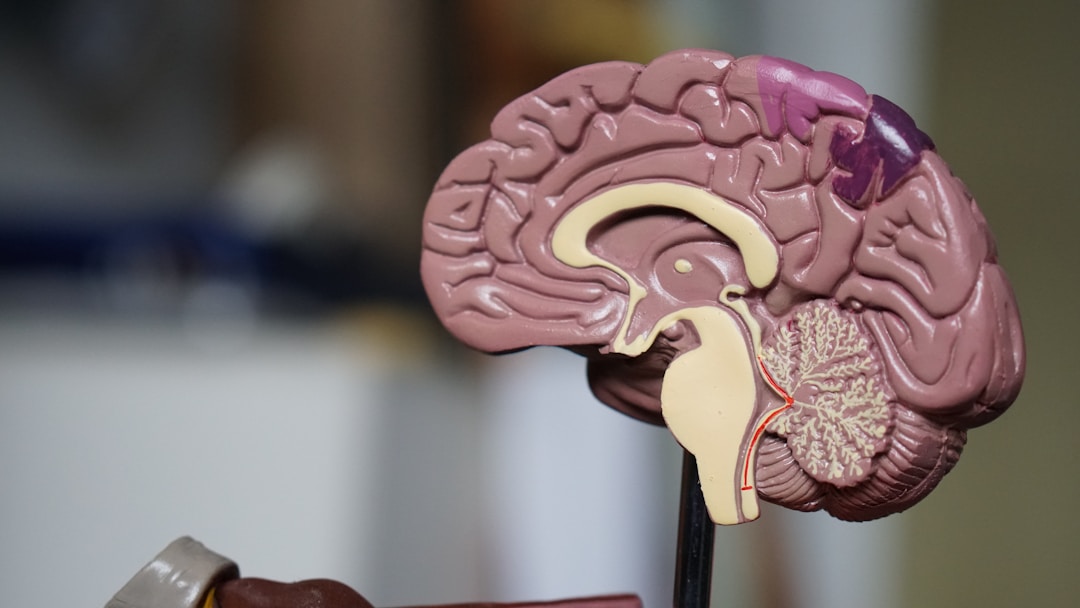Alzheimer’s disease is a progressive neurodegenerative disorder characterized by memory loss, cognitive decline, and behavioral changes. It is the most common cause of dementia, affecting millions of people worldwide. In this article, we will explore the role inflammation plays in the progression of Alzheimer’s disease and how understanding this connection might help develop new promising treatments. Keep reading to learn more.
The Inflammatory Response in the Brain

When researching Alzheimer’s, one question that arises is how common is Alzheimer’s? Alzheimer’s disease is a debilitating neurological condition that affects millions of people worldwide. It is the most common form of dementia in older adults and is caused by brain changes that occur over time. Alzheimer’s disease is the fifth leading cause of death in the United States for adults aged 65 and older.
In terms of inflammation, the brain’s inflammatory response plays a critical role in maintaining its health by protecting against harmful stimuli such as pathogens and toxins. This response is facilitated by specialized immune cells called microglia, which initiate and propagate inflammation in the brain. These cells have long been considered vital players in the progression of Alzheimer’s disease, as they are responsible for clearing amyloid-beta plaques, one of the hallmarks of the disease.
While this immune response can be beneficial, excessive or chronic inflammation can damage the neurological tissues further, worsening Alzheimer’s progression. Numerous studies have found that high levels of pro-inflammatory molecules, such as cytokines, can be detected in patients’ brains, suggesting a correlation between inflammation and Alzheimer’s progression. Hence, understanding the precise role of inflammation in Alzheimer’s progression is essential for developing effective therapies.
The Role of Genetics and Environmental Factors

Genetic factors play a role in developing late-onset Alzheimer’s disease. Specific gene mutations can increase an individual’s susceptibility to inflammation and the resulting damage. One such example is the APOE4 gene, which is strongly correlated with an increased risk of Alzheimer’s progression. Researchers have found that this gene variant can boost the production of pro-inflammatory molecules, consequently creating a harmful environment in the brain.
Conversely, environmental factors may also contribute to Alzheimer’s inflammation. Chronic stress, poor diet, and lack of exercise can lead to low-grade systemic inflammation, negatively impacting brain health. On the other hand, a healthy lifestyle with a balanced diet, regular physical activity, and effective stress management can reduce inflammation and potentially slow down Alzheimer’s progression.
Identifying genetic predispositions and understanding how environmental factors interact with them can provide valuable insights into Alzheimer’s disease progression. It can also help design personalized prevention strategies and treatment approaches based on an individual’s unique genetic makeup and lifestyle choices.
Potential Therapeutic Approaches Targeting Inflammation
The growing body of evidence linking inflammation to Alzheimer’s disease progression has led to the exploration of various therapeutic approaches targeting inflammatory pathways. Numerous clinical trials have attempted to use non-steroidal anti-inflammatory drugs (NSAIDs) to reduce the disease’s progression; however, these trials have produced mixed results so far.
A better understanding of the specific inflammatory processes involved in Alzheimer’s is needed for designing more effective anti-inflammatory strategies. Finding an ideal balance between sufficient and excessive inflammation is crucial for maintaining brain health and preventing Alzheimer’s progression. As our understanding of Alzheimer’s disease advances, targeting inflammation presents a promising therapeutic approach that could slow down or even halt the progression of this devastating disease.
Future Directions

Understanding the role of inflammation in Alzheimer’s disease has opened new avenues for research, diagnosis, and treatment. The discovery of specific genetic and environmental factors contributing to the disease’s inflammatory aspect can empower individuals to manage their risk factors and make personalized lifestyle choices to address Alzheimer’s disease early on.
Significant strides have been made in recent years, sharpening our understanding of the relationship between inflammation and Alzheimer’s disease, though more research is needed to develop targeted therapies effectively. With sustained efforts to understand the intricate interplay between inflammation and Alzheimer’s, many new avenues for diagnosis, prevention, and treatment may emerge in the future.
As you can see, the complex relationship between inflammation and Alzheimer’s progression points to the importance of a multifaceted approach to treatment. Understanding these intricacies is fundamental to developing novel therapeutic strategies and improving patient outcomes in the battle against this devastating disease. The more prepared you are, the more effectively you’ll be able to care for yourself or a loved one in the event that one of you is diagnosed with Alzheimer’s disease.

